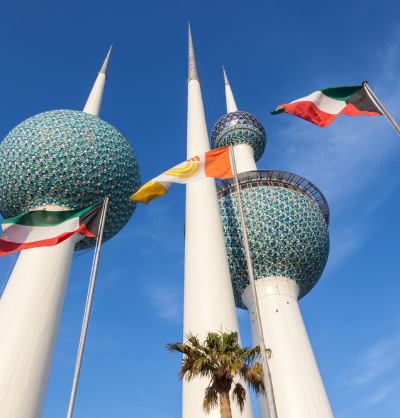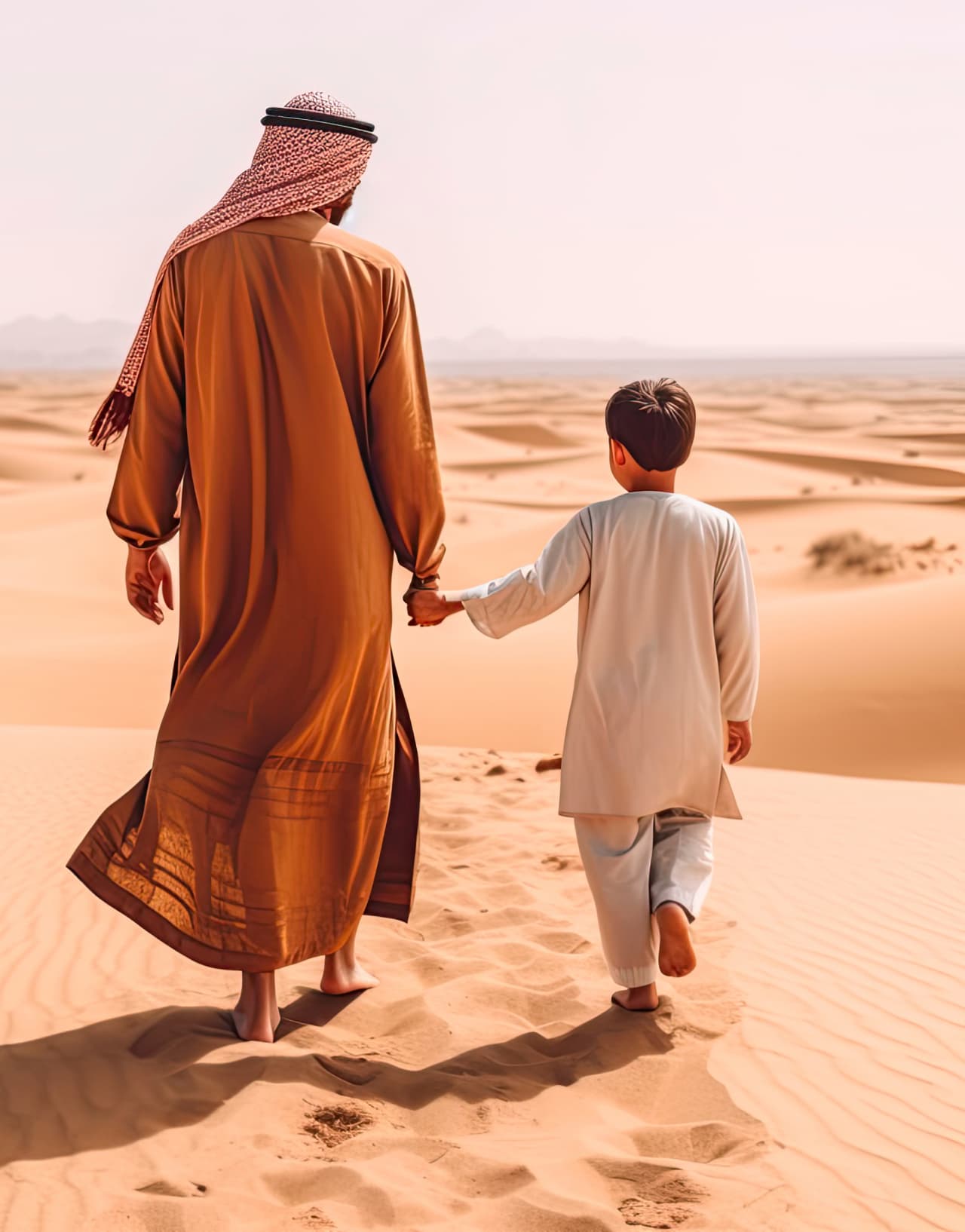Information Sheets


Owing to its strategic location between Africa, Asia and Europe, the Arabian Peninsula has, over the centuries, been an attractive region for a wide assortment of empires including: the Mongol, Persian, Egyptian, Ottoman, the various European (notably the Portuguese, Dutch, British, French and German) and the US, to name a few. Each sought to control important trade routes and the lines of communication, places of worship and later also strategic resources.
At the same time, amid the scarcity of resources, migration of tribes and conflicts, power centres have formed and dissolved both in the interior and along the littoral of the Peninsula until the Gulf Cooperation Countries (GCC) countries of today emerged in the 20th century.
From conquests and external incursions, the first tribal settlements, urbanisation, colonisation and chapters of intrigue, through border disputes and internal conflicts, oil and gas discoveries, to independence, nation-building and modernisation, the Euro Gulf History Portal delivers a daily dosage of selected historic events that contributed to shaping the current state of affairs in the Arabian Peninsula. The Portal covers a long historical period from the pre-Islamic era up until the early 2000s, with a particular focus on the era between the 16th and late 20th century.
The Gulf countries’ history is not only deeply fascinating but also crucial for understanding the present and future direction of the countries and the region.